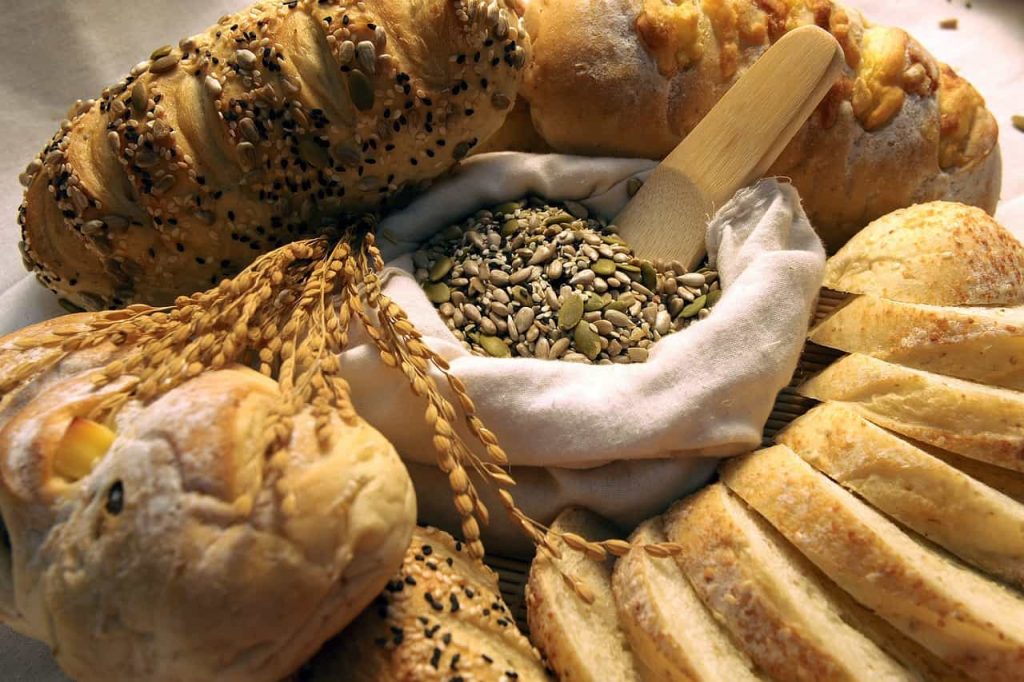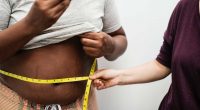Nutrition News & Views
Do you have to cut carbs?

One of the current diet trends is to "cut the carbs" – reduce as far as possible carbohydrate intake by not eating carb-rich foods such as bread, cake, pastries, pasta, rice, potatoes, oats and sugar.
Certainly, cutting carbs from our food helps us lose weight – quite quickly, too.
So... just cut the carbs... bikini body in a fortnight, right? Well, perhaps... but our bodies won’t thank us for taking such drastic measures.
It’s not really necessary to drastically reduce carbohydrates to maintain or reduce weight. What’s needed is a balanced approach along with reduction in some types of carbs – mostly, the highly-refined carbs that are all too common in today’s foods, and often combined with large amounts of processed fats.
Our bodies have adapted to need a range of foods from different food groups for optimum performance. It’s a finely-tuned and quite complicated balance.
Carbohydrates are used to supply energy to the body and, equally importantly, to help us burn fats.
While fats actually have more energy content than carbs, the body needs carbs to properly burn the energy-giving fats. Carbs are a catalyst for fat metabolism – think of them as a firelighter that gets the fire going more quickly and efficiently.
Carbohydrates have an important role in digestion by supplying fibre to the large intestine, which helps it function properly and avoid constipation.
Carbs also trigger production of serotonin, a chemical which helps regulate mood and partly regulates sleep and waking.
Serotonin also has important functions in digestion and blood clotting, but it’s the mood aspect that readily explains why we eat cake or ice-cream when depressed, anxious or lonely – the serotonin release triggered by the carbs helps improve our mood.
Which also helps explain why some of us on crash diets have tempers that make The Hulk seem like a mannered gentleman.
Cutting all carbs can not only make us grouchy, but can force the body to burn protein for energy instead of fat. Protein is used for tissue building and repair, especially muscle tissue; it’s a poor energy source, but the body uses protein if it cannot properly burn fat, reducing the ability to heal injuries quickly.
However, as well as resorting to using protein, the body can burn fat directly, causing a condition called ketosis, where the liver metabolises fat to produce chemicals called ketones to provide fuel for the body, in particular for the brain.
Because ketosis causes quite rapid weight loss, its become popular as a diet, often combined with some level of fasting, such as missing one or two meals a day.
A noticeable short-term effect is general tiredness, reduced mental acuity ("brain fog") and insomnia. Other less than desirable effects include bad breath, constipation and.diarrhoea.
While the body learns to adapt to a no-carb existence, over time health issues can develop, such as heart damage, muscle loss, and in extreme cases the blood can become more acidic (ketoacidosis), a serious condition.
A far better, and healthier, approach is a balanced diet that includes carbohydrates, because the body is designed to use them for efficient function.
A balanced diet drawn from all food groups, with moderate-sized meals and supplemented with regular exercise is a proven way to sustainably manage weight and weight loss.
As mentioned above, the type of carbohydrate we eat is also important – as we will see in the next post.
Natalia Knezevic is a dietitian in Orange, NSW, with extensive experience in both hospital- and community-based nutritional care.



